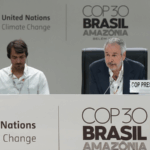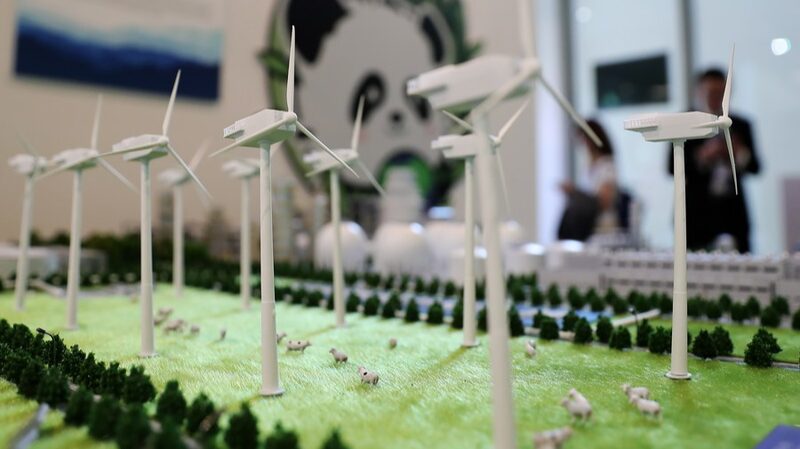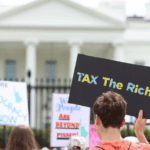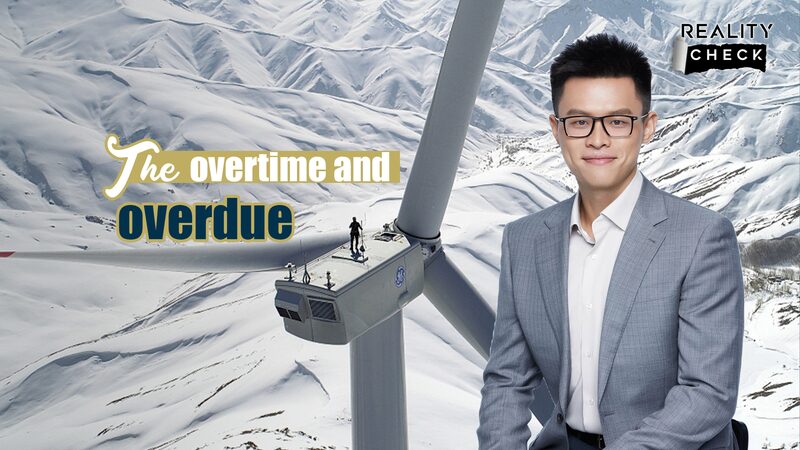The COP28 climate summit ended with a groundbreaking—but imperfect—deal: nearly 200 nations agreed to transition away from fossil fuels. While the final text stopped short of demanding a full “phase-out,” it marked the first global acknowledgment that fossil fuels must take a backseat in the climate fight. 🔥 But here’s the catch: developing nations are asking, “Who pays for this transition—and where’s the justice?”
Developed Nations: Walking the Talk?
Developing countries argue that wealthy nations built their economies on fossil fuels. The numbers speak volumes: 79% of cumulative CO2 emissions from 1850–2011 came from developed economies. Today, the U.S., Canada, Japan, and Western Europe represent just 12% of the global population but contribute 50% of greenhouse gases per capita. 🌏 Yet, promises like the $100 billion/year climate fund for poorer nations (pledged in 2009) remain unfulfilled. By 2020, only $24.5 billion materialized, per Oxfam. 💔
Voices From the Frontlines
“It’s a world where oil giants profit while our survival hangs by a thread,” said Gaston Browne, Prime Minister of Antigua and Barbuda. Indigenous leader Hindou Oumarou Ibrahim put it bluntly: “We can’t accept more talk without action.” Even Columbia University’s Jeffrey Sachs called out U.S. politics: “Oil lobbyists control both parties.”
Fairness vs. Growth: The Tightrope Walk
The COP28 agreement stresses a “just and equitable” transition—but how? Developing nations need energy to grow, yet face pressure to ditch fossil fuels. Mary Robinson, former Irish president, framed it as a trust crisis: “Promises must be kept.” Without funding, the risk is clear: climate action could stall, leaving the most vulnerable nations footing the bill. ⚖️
As the dust settles, one question lingers: Will wealthy nations step up—or keep cashing in? 🌱💸
Reference(s):
cgtn.com




